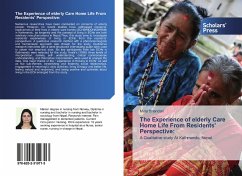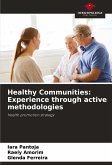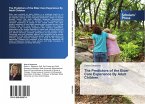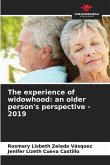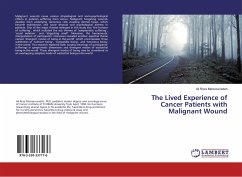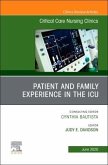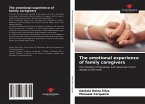Numerous researches have been conducted on concerns of elderly people. However, no recent studies have addressed residents' experiences of their lives in elderly care homes (ECH/BRIDDHASHRAM) in Kathmandu, as longevity and the concept of living in ECHs are both relatively new phenomena in Nepal.Thus, this study aims to investigate residents' experiences of living in ECHs from the residents' perspectives. A qualitative research method with a phenomenological and hermeneutic approach was chosen for the study. Qualitative research interviews with a semi-structured interviewing guide were used to obtain rich empirical data. Six key participants from two ECHs in Kathmandu were selected for the study. Kvale's (1996) three levels of interpretation, namely, self- understanding, critical commonsense understanding, and theoretical interpretation, were used to analyze the data. One major theme of the " experience of thriving in ECHs" as well as five sub-themes: establishing and fostering social relationships, engagement in meaningful daily activities, living a happy and better life, feeling valued and respected, and being positive and optimistic about living in the ECH emerged from the study.
